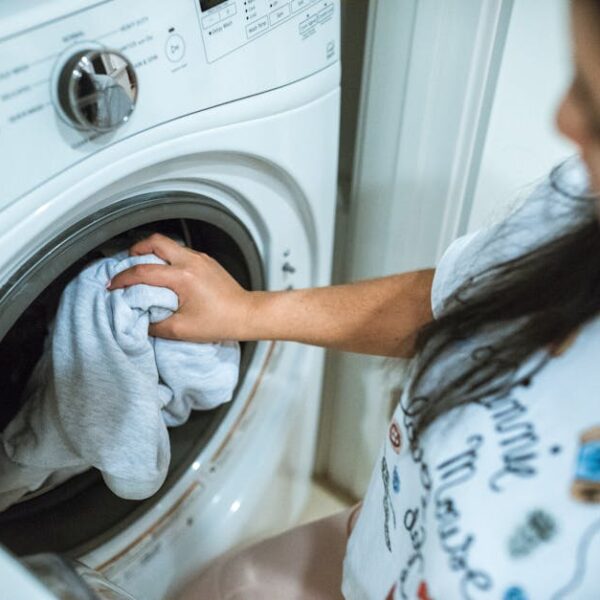Are you curious about how things work in the vast void of outer space? For example, have you ever wondered Do vacuum cleaners work in space? Well, let’s explore this more!
The Science Behind Vacuum Cleaners
Back here on Earth, vacuum cleaners work fairly simply. They use a motor-driven fan to generate suction by creating air pressure differences. The fan pulls air from the outside through the suction nozzle and into the dust bag, in turn, creating enough negative pressure or vacuum to pull in dirt and debris from your floors or upholstery.
Here are the main components that contribute to a vacuum cleaner operating efficiently:
- The Motor
- The Fan
- The Dust Bag
- The Suction Nozzle
Pro Tips: Remember, the vacuum created by the air pressure difference is what allows the vacuum cleaner to pick up dust and debris. Without air pressure, there can be no suction!
Understanding The Environment in Space
Space’s environment is drastically different from Earth’s, which could impact the function of a vacuum cleaner. There’s no atmospheric pressure, the lack of gravity affects the pulling of particles, and uncontained dust particles jitter anywhere without sticking to surfaces.
Let’s look at a quick comparison:
| Space | Earth |
|---|---|
| No gravity | Presence of gravity |
| No atmosphere | Has an atmosphere |
| Uncontained dust particles | Contained dust particles |
Best Practices: To make equipment work in outer space, it requires distinctive modifications, based on knowledge gained from past space missions.
Can Vacuum Cleaners Work in Space?
From what we’ve discussed so far, traditional vacuum cleaners wouldn’t work in space. The lack of air pressure makes the creation of suction impossible, gravity changes disrupt dust collection and uncontained particles could damage the equipment.
Why vacuum cleaners may struggle in space:
- The absence of air pressure eliminates suction
- Gravity changes hinder dust collection
- Uncontained dust particles can harm the machine
There are varying arguments on this issue:
- Pro: If heavily modified, vacuum cleaners could potentially work in space
- Con: The lack of gravity and atmosphere significantly alters how a usual vacuum cleaner functions
Alternatives To Vacuum cleaners in Space
Due to these limitations, alternative methods for cleaning debris in spacecrafts are utilized, like air filtration systems and electrostatic precipitators, which remove dust particles from the air without needing the gravitational pull.
Key features for a space-friendly cleaning device include:
- Compatibility with zero-gravity
- Ability to handle uncontained dust particles
- Ability to function without air pressure
Remember, proper dust and debris management is crucial for successful space missions and astronauts’ health.
The Future Of Cleaning in Space
Currently, numerous advancements are being made to create efficient space-cleaning methods. However, these developments come with challenges around cost, functionality, and durability.
Potential benefits and pitfalls of these new technologies include:
- Pro: Improved health conditions for astronauts
- Con: Increased costs of development, testing, and implementation
Continuing such research is essential to ensure the safety and success of space exploration. After all, even in space, cleanliness is next to godliness!












